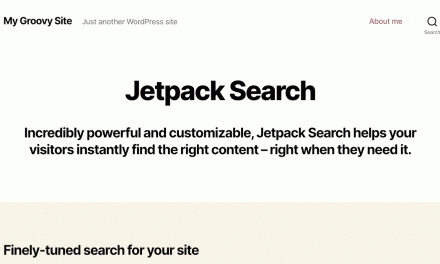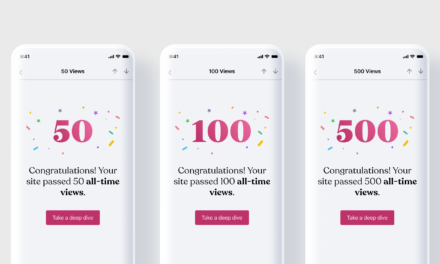Offering great customer experience has been a focal point for companies for a long time, but today it’s all about being customer-centric.
It’s a subtle shift in emphasis, but it needs to encompass your entire business – from the way you find prospects, to how you onboard clients, to the way you deliver mockups and launch products, to your project recap surveys.
Jeff Bezos, CEO of Amazon, famously left one chair empty at every meeting for “the customer,” the most important member of the corporation. Now, each meeting is attended by an employee who has been trained to play the part of the customer, called a Customer Experience Bar Raiser.
Customer-centricity is about building your business around ensuring a positive customer experience. It’s no longer left as the purview of your account managers alone. Instead, it’s woven into the fabric your entire business and all of its processes.
In 2016, a Gallup poll noted that 71% of B2B customers would switch vendors for better customer experience and that higher customer engagements drive revenues 50% higher. Some 59% of individuals already feel that companies have lost touch with the human side of customer experience.
And Forrester research has found that 95% of customer-centric companies reported that their customers are satisfied, as opposed to only 46% of non-customer-centric organizations.
How to be more customer-centric
Transforming into a customer-centric agency requires a complete culture overhaul to generate a customer-centric focus in every department and on every level. Here are three steps to start making your agency more customer-centric in 2019.
1. Increase self-service options
Clients appreciate feeling in control, and one of the best approaches is through a secure customer portal.
One key way to optimize the customer experience is by enabling clients to troubleshoot issues themselves before submitting a request – or to view information about project statuses through a dedicated web presence. Client Portal, an aptly-named WordPress plugin, makes this easy to implement.
For a web design company, this could mean giving clients secure, limited access to certain areas of your website back end. Presenting real-time progress reports and important website metrics for immediate, round the clock customer access, instead of waiting for the client to make a request, can also be done smoothly with a secure client portal.
2. Listen better
Next, start to listen more closely to the client. For example, a web design and management agency might classify certain design requests as “minor issue”’ which don’t demand priority resolution. But for the client who’s handling hundreds of daily sales through the site, each “minor” issue can add up to several thousand dollars in lost sales. When your agency takes the client’s complaints seriously, the client feels better cared for and is willing to renew their contract.
In order to be able to offer this kind of response, you first need to create an environment where your client feels comfortable approaching you with feedback and complaints. Just like B2C companies, service agency organizations should offer as many channels of communication as possible.
Email and telephone support are good, while adding live chat and text is even better. If you want to go above and beyond, use a webinar platform. ClickMeeting, for example, allows agencies to hold regular virtual client meetings embedded in a dedicated client portal and synced to all stakeholders’ calendars. You’ll be able to strengthen your relationship with your client, understand their needs, and help the client to feel truly heard.
3. Make it personal
It might seem hard to believe, but data from Drift showed that 58% of companies don’t respond to inquiries from cold leads on their website. That’s an expression of neglect and disinterest that service agency customers won’t forgive in a hurry.
Web design agencies have many ways to personalize their offerings. If you’re providing management services as well as one-off designs, you could send a “happy anniversary” email each year to mark the date that you began your professional relationship, perhaps with a discount coupon for an add-on service.
You might want to send seasonal offers that are relevant for different types of clients too. For example, your retail clients might appreciate a template for a landing page for the winter shopping season, or high-end jewelry industry clients could use a discount on building Valentine’s Day landing pages for them.
When not to listen
It’s important to note that being customer-centric doesn’t mean giving up on your leadership position. You want to strike a careful balance between remaining proactive and innovative as well as becoming customer-led. Bear in mind that your customers might not know what they want.
As Henry Ford famously said, “If I had asked people what they wanted, they would have said faster horses.” Steve Jobs took a similar approach by pushing the iPad at a time when no customer had ever considered such an item.
By becoming customer-centric, you’ll be vigilantly tracking what your customers are asking for, and listening for their real needs beneath their words. It’s up to you to offer web designs that match their real needs as well as incorporating the features and styles they request.
Customer-centric business practices are good for every business
Although you might think that customer-centric business practices are mainly for B2C businesses, your web design business has a lot to gain from incorporating some of the same approaches.
By listening better, offering more control, and improving personalization, you can realign your business to focus on your customer without losing your authority or undermining your credibility as a B2B business.











